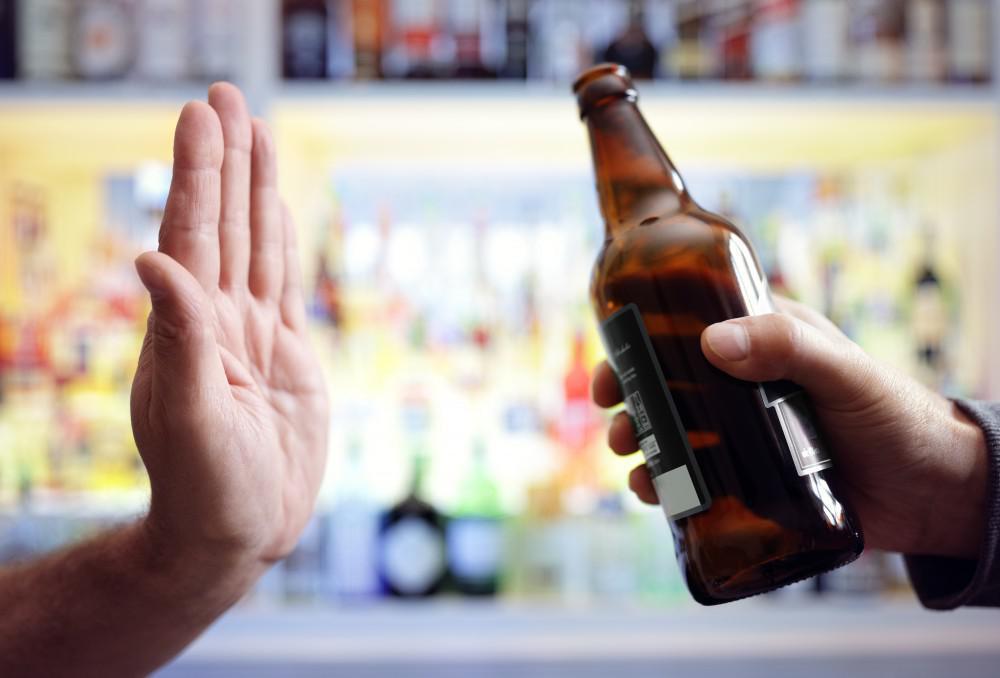
5 Tips for Staying Sober
You’ve done the work to become clean and sober, and you want to do what you can to stay that way. Here are five great tips that will help you safeguard your freedom from a substance use disorder.

If you have seasonal allergies and head out on a spring day when the pollen is flying, you’re setting yourself up for a day filled with congestion, sneezing, and watery eyes. If, however, you understand that high-pollen days are surefire triggers, you can make alternative plans or take preventive steps to avoid the misery altogether.
This same concept holds true when it comes to addiction, which is why identifying your triggers is paramount to your recovery.
At Northview Wellness Practice, our team of highly experienced addiction experts understands the role that triggers play and how they can undo all of your hard recovery work in an instant. It’s for this reason that a large part of our recovery support focuses on trigger identification and management.
With that in mind, here are some tips for recognizing your triggers.
Our example above about seasonal allergies and their triggers is cut and dried, as the allergens in question are fairly universal. Unfortunately, the same is not true of addiction. Every person who walks through our doors with a substance use disorder has come to the problem in their own way and has their own individual triggers.
To give you an idea of the broad range of potential triggers, the Substance Abuse and Mental Health Services Administration (SAMHSA) labels triggers as “events or circumstances that can lead to uncomfortable feelings such as anxiety, panic, anger, or despair.”
SAMHSA goes on to divide triggers into three categories:
Whatever the trigger, the end result is that the stimuli can create a neurochemical response in your brain that leads to a craving.
One of the more important steps in your recovery is to identify those persons, events, circumstances, or emotions that flip that switch in your brain and lead to powerful cravings.
While some triggers may be obvious — a bar, an old partying friend, a fight — some are more subtle, and they’re not always negative. Think about going to an
event where everyone is celebrating and raising a glass in toast.
The best way to combat these triggers is to keep an ongoing list during early recovery where you record your cravings and what triggered them. In very little time, you will see patterns emerge that will give you a better idea of the exact mechanisms that are causing your addiction to rear its ugly head.
With this list, we can sit down with you to devise ways to better manage your triggers. As an example, if you find that your strongest cravings come on when you’re angry or stressed, we can work with you on anger management and relaxation techniques.
Some triggers are easier to avoid than others, and we understand this. Not going to a party where you know there will be drugs or alcohol is relatively simple. Dealing with unresolved relationship issues with your family may require more work.
The good news is that by recognizing and managing your triggers, you not only gain the upper hand on your addiction, you can greatly improve your overall mental well-being at the same time.
If you’d like help exploring your triggers, please contact our office by phone or email to set up an appointment. Just call, email, or use the online messaging tool here on the website.

You’ve done the work to become clean and sober, and you want to do what you can to stay that way. Here are five great tips that will help you safeguard your freedom from a substance use disorder.

The connection between a substance use disorder and a mental health issue is a strong one, as the nearly eight million Americans who have a co-morbidity prove. When this occurs, treating both issues is paramount.

Addiction is a chronic disease that requires constant vigilance and good management. When a person falls short, relapse can occur. If you’re worried that a loved one has relapsed, here are some signs to look out for.

You believe that you’re drinking isn’t normal anymore, and you’re tired of the overwhelmingly negative effects that alcohol is having on your life. The good news is that alcoholism is highly treatable.

The rise in availability of telehealth services has been great news for those who need (or would prefer) to receive quality health care from the comfort of their own homes. These services also extend to substance use disorders.

Whether you’ve tried to break your opioid addiction before or this is your first attempt, why not greatly increase your chances of success with Sublocade®? Here’s a look at how Sublocade can ease your recovery journey.